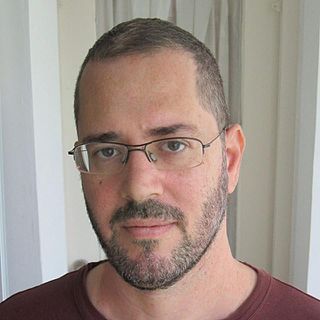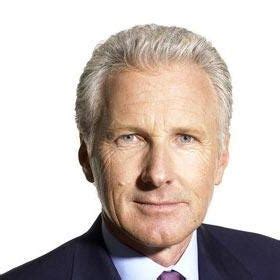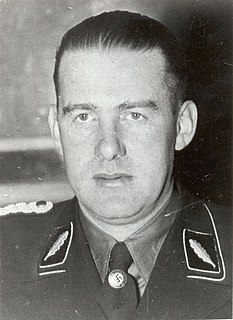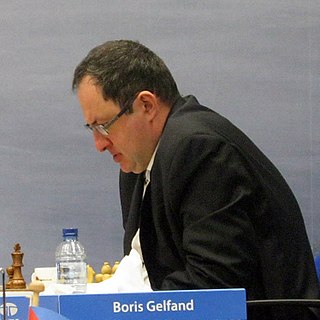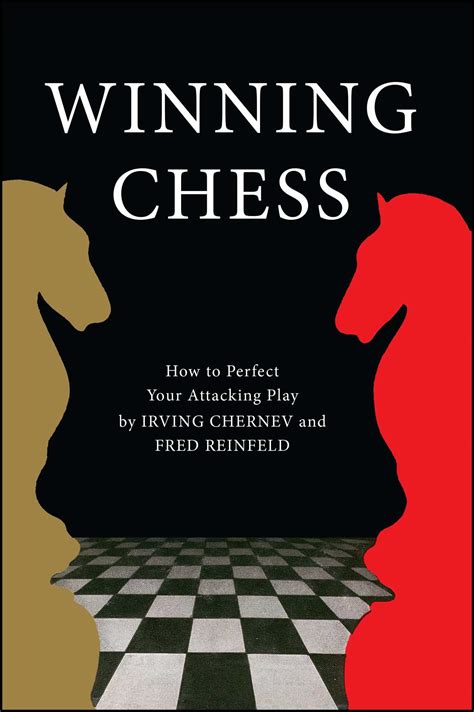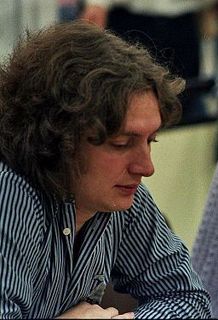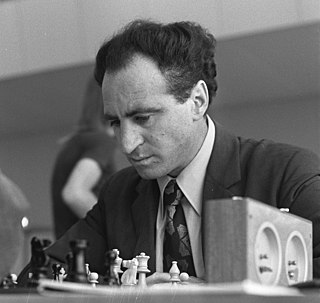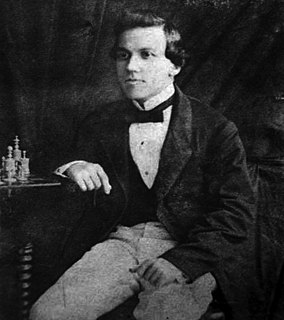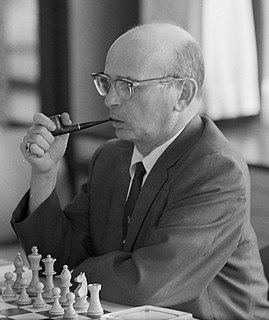A Quote by Aron Nimzowitsch
How vain are our fears! I thought to myself. Sometimes we fear that which our opponent (or fate) had never even considered! After this, then, is it any longer worthwhile to rack one's brain to find new ghosts to fear? No, indeed: All hail optimism! - upon playing Hermanis Mattison after he overlooked an unusual knight manouevre.
Related Quotes
Fear keeps us rooted in the past. Fear of the unknown, fear of abandonment, fear of rejection, fear of not having enough, fear of not being enough, fear of the future-all these fears and more keep us trapped, repeating the same old patterns and making the same choices over and over again. Fear prevents us from moving outside the comfort-or even the familiar discomfort-of what we know. It's nearly impossible to achieve our highest vision for our lives as long as we are being guided by our fears.
There is no hate without fear. Hate is crystallized fear, fear's dividend, fear objectivized. We hate what we fear and so where hate is, fear is lurking. Thus we hate what threatens our person, our liberty, our privacy, our income, our popularity, our vanity and our dreams and plans for ourselves. If we can isolate this element in what we hate we may be able to cease from hating... Hate is the consequence of fear; we fear something before we hate; a child who fears noises becomes the man who hates them.
The emotion of fear often works overtime. Even when there is no immediate threat, our body may remain tight and on guard, our mind narrowed to focus on what might go wrong. When this happens, fear is no longer functioning to secure our survival. We are caught in the trance of fear and our moment-to-moment experience becomes bound in reactivity. We spend our time and energy defending our life rather than living it fully.
Many successful people have fear, along with doubts and worries. The difference is that those who know how to succeed also know how to take action despite these worries and fears. You too can learn how to master fear, by understanding that fear is in our own minds, and therefore under our own control.
She had just realized there were two things that prevent us from achieving our dreams: believing them to be impossible or seeing those dreams made possible by some sudden turn of the wheel of fortune, when you least expected it. For at that moment, all our fears suddenly surface: the fear of setting off along a road heading who knows where, the fear of a life full of new challenges, the fear of losing forever everything that is familiar.
When the industrial revolution happened there was the Luddistic movement, and there was a fear that machinery would replace all the labor. Whenever we had a technological revolution we had this fear. So if you look backwards, these fears were not justified, and I think they were driven by our very human inability to visualize what new jobs will be created by this new technology.
Fear is just part of our DNA and our make-up. By definition, if we've had to be looked after for two years, it means we can't do it on our own and we need other people. That makes trust enormously important and it makes fear massive. Massive fear and trust issues really just defines us. The partner to belief is truth. If we're being fed lies, that's so powerful. And then, when we realize we're being lied to, it's going to make us really angry.
Gentlemen, if ever a generation will come after us which is so weak and soft-hearted that it doesn't understand our task, then indeed the whole of National Socialism has been in vain. To the contrary, in my opinion one should bury bronze plates on which it is recorded that we have had the courage to carry out this great and so necessary work.




